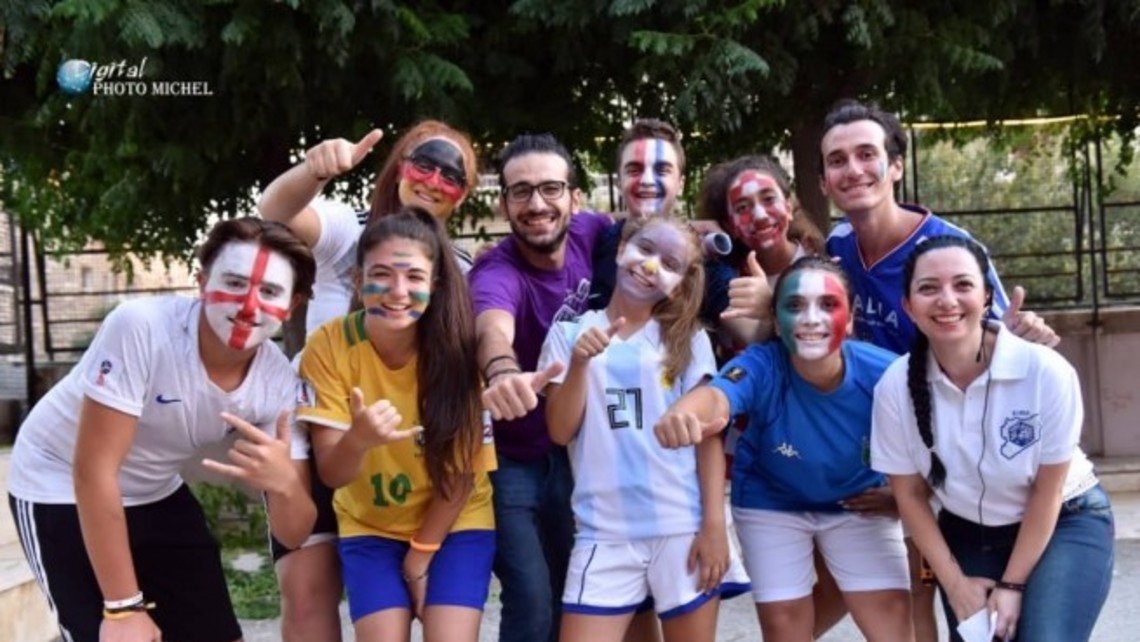
(ANS Rome – August 6) – A few days ago I saw a group of young people in St. Peter’s Square in Rome with the flag of one of our Salesian schools. I was struck by the affectionate and cheerful relationship of the boys and girls with their teachers and, on the contrary, by the coldness with which they treated the Salesian who was with them: they did not talk to him, did not approach him. The Salesian walked alone. For them, he did not exist; he was a ghost.
I thought: what a sad figure, this priest ignored by the young people to whom he was consecrated!
The technological and values scene of the millennial generation is radically different from their predecessors. This profoundly influences the kind of relationships they have with their educators and, consequently, our way of being among them and, above all, our meaning in their lives.
This type of situation concerns not only the Salesians but the entire Church. Unfortunately, young people distance themselves from us. They often point out that they do not even understand what we are saying when we propose our faith to them. There seems to be a gap between their interests and values – and what we suggest for their lives.
In view of the 28th General Chapter, the Rector Major has invited us to ask the young people of our centers directly what they think of us, our witness, and how they see us today. They will be questioned about the sort of Salesian figure they dream of, or would like to see, and also about the shortcomings in our service, about what they would ask us to do so that we may fulfill, or better fulfill, our mission, and so on. The results of this survey will be of great help to obtain information on the point of view of those whom we serve.
Listening is nothing new to our Congregation. Don Bosco himself always listened to his young people. For him, listening was an act of respect and sincere affection: you listen to those you love, pay attention to those who are important in your life. And Don Bosco loved young people with all his might.
Love requires one to tune into the other in order to communicate.
Surely the time has come for us to be a little silent and stop thinking that we know everything that they, the young, need. Maybe it’s time for us to listen and try to understand what our young people ask us.
Let’s not expect to find roses only in their answers to our questions. Instead, it will be important to pay attention to the thorns, because if the young people really respond openly and honestly, they will tell us things that we may not like and that will cause us pain. Surely, we already mean little to many young people of our houses, and we have become invisible in their lives, simple administrators of the spaces wherein they live and spend their time.
In some countries, our youth centers are closing. The courtyards are territories that no longer belong to us. Young people approach the sacraments less often, and we are ignored. In other places, young people are present alongside Salesians, the Congregation is growing, and young people and adults are committed to collaborating in our mission.
They’re very different realities. In the first situation, dialog will serve to see the causes of the distance of young people from us; in the second, dialog will help to explore new forms of apostolate and examine how we can respond better to new contexts.
There is a question for young people that is fundamental: “How can you help us in our mission?” It’s a central question, as it asks these young people to dream together with us new ways to reach their peers, new methods to evangelize. Above all, it invites us all to walk together: Salesians, young people, and lay collaborators, in one single movement.






